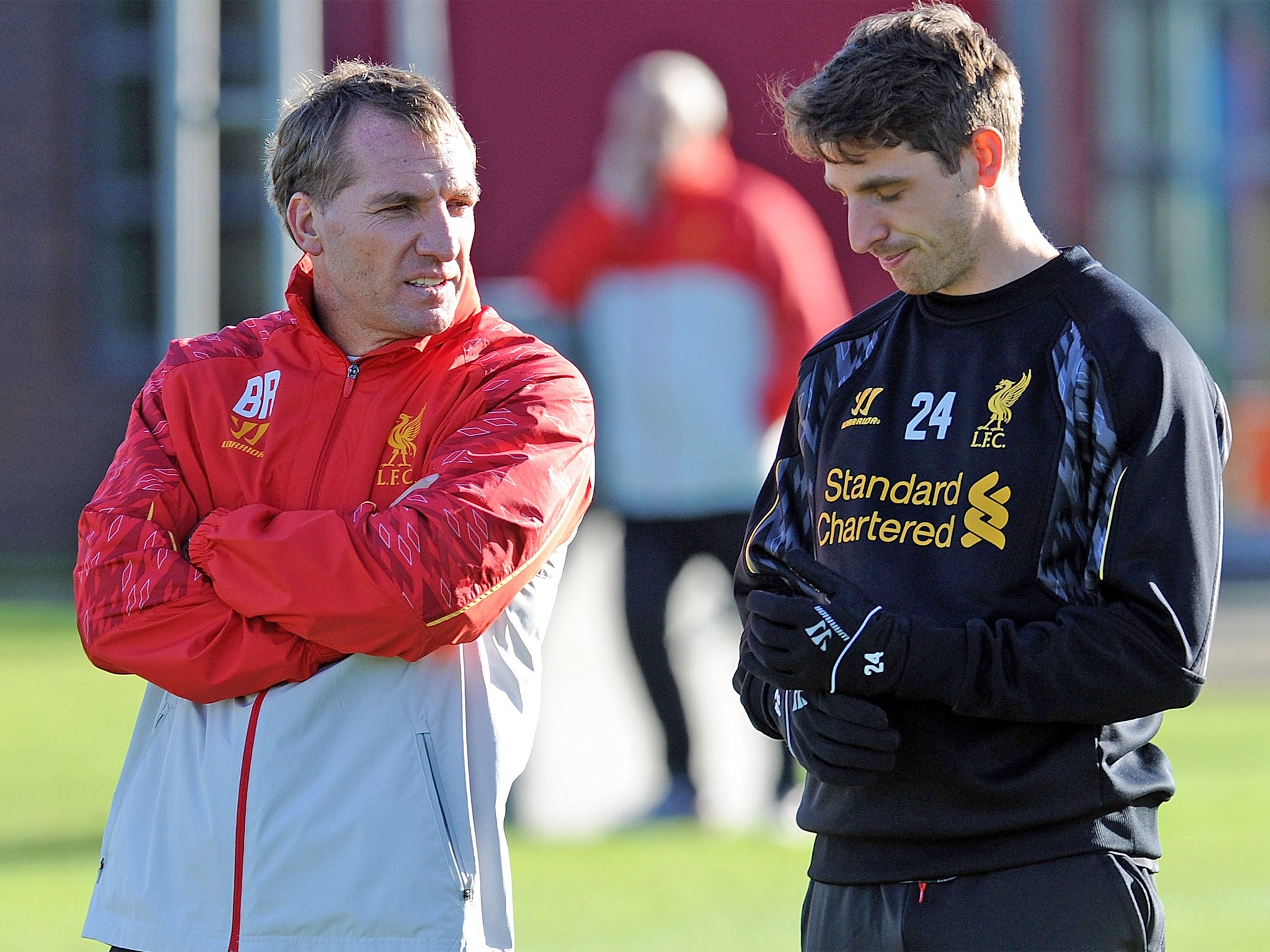Ian Herbert: England players will find how to 'manage their chimp' as psychiatrist is brought in to help prepare for World Cup

Your support helps us to tell the story
From reproductive rights to climate change to Big Tech, The Independent is on the ground when the story is developing. Whether it's investigating the financials of Elon Musk's pro-Trump PAC or producing our latest documentary, 'The A Word', which shines a light on the American women fighting for reproductive rights, we know how important it is to parse out the facts from the messaging.
At such a critical moment in US history, we need reporters on the ground. Your donation allows us to keep sending journalists to speak to both sides of the story.
The Independent is trusted by Americans across the entire political spectrum. And unlike many other quality news outlets, we choose not to lock Americans out of our reporting and analysis with paywalls. We believe quality journalism should be available to everyone, paid for by those who can afford it.
Your support makes all the difference.Our obsession with the minutiae of whether England can finish above Uruguay, Italy or even Costa Rica will begin around now, so Roy Hodgson's players may be glad to know that Dr Steve Peters will tell them to abandon any thought of where they might stand when the Group D games are concluded this summer.
The fundamental part of his philosophy is that a first or second place can only be a dream – and never an aim – because it is contingent on something you cannot control: how good the other teams are.
"If you start going into the realm of the uncontrollable with a pre-defined goal then you are going to start to stress," Peters told me a year ago, in his first interview about the role Brendan Rodgers had asked him to take up at Liverpool, one day a week.
"So I would be guiding Liverpool to say, 'By all means let's commit to the dream and make it happen. But let's not make it a goal and put pressure on ourselves to live up to something that is actually not in our control.'"
Well, the dream has certainly not died since he and I talked and perhaps one of the reasons why Steven Gerrard, Joe Allen and others have taken to Peters – and found him so valuable – is his extreme aversion to any implication that he knows about their football environment.
You can imagine how any kind of superiority would go down in football – a sport with that insular habit of thinking it knows best – but Peters desists from it very strongly. "It's their world, not mine," he repeatedly told me, insistent that it was up to the players whether they sought him out at Melwood. Ten out of 23 had done so at the time.
They now know his philosophy by rote. It is that the brain comprises a rational "human" part and an emotional, rash "chimp" component (with a third part, "the computer", storing information and experiences.) The key to happiness and success is managing the inner "chimp" – the carrier of fear, emotion and irrational thought; the part of you which will always want to jump to an immediate opinion, see things in black and white, think the worst and put you through hell. Managing the chimp allows you to make the logical decisions on the field of play, rather than be bullied by emotion.
Essentially, Peters will be trying to help Hodgson's men train their brains to manage emotion. Every brain is different but the process typically involves relentless application to the same pre-match preparations.
His work seems particularly applicable to the penalty shootout situation and, in case Hodgson should try it, the age-old practice of getting the team "up for it" will certainly not figure in Peters' plan. That approach does not work, Peters will tell them.
"People keep talking about getting the team 'up', but if you look at what happens, when the team are in this state, or an individual is, their judgement is impaired," he says. "They make errors and they then try to correct that by emotional attacks which result in further errors."
"Manage the chimp," Peters will say. An infinitely more enlightened approach in the half-time dressing room than Hodgson's "feed the monkey".
Join our commenting forum
Join thought-provoking conversations, follow other Independent readers and see their replies
Comments